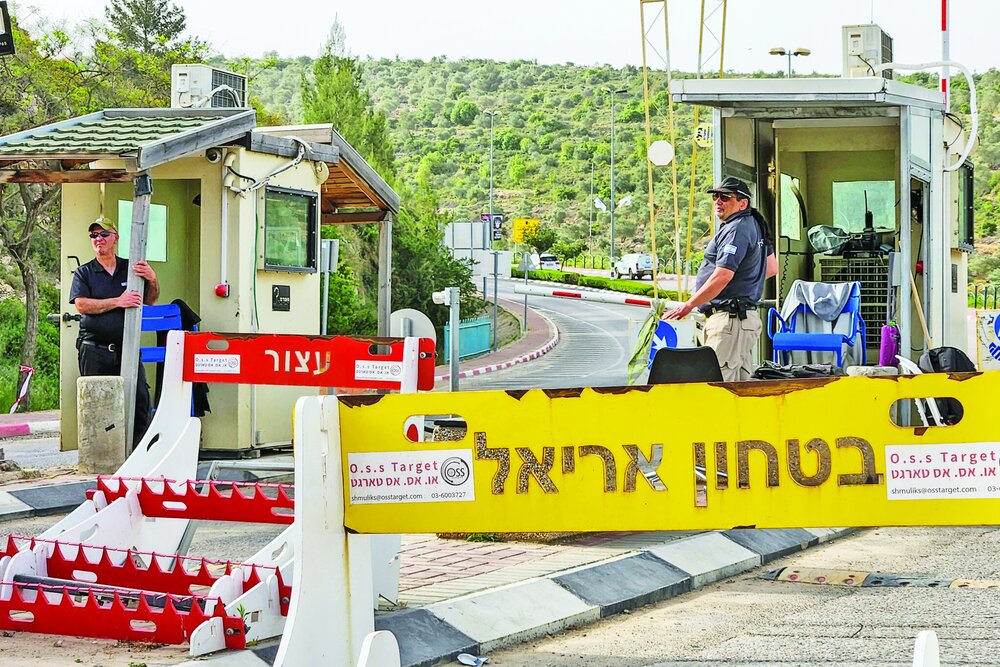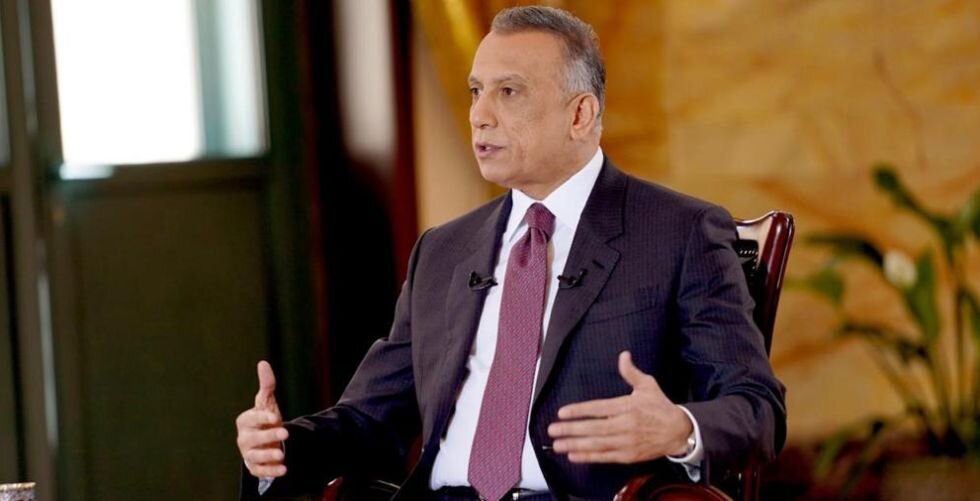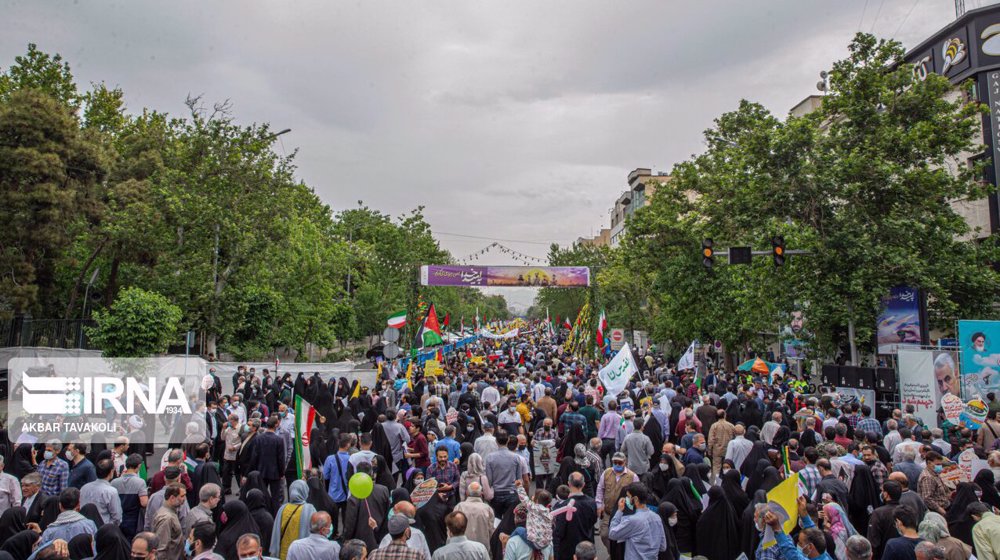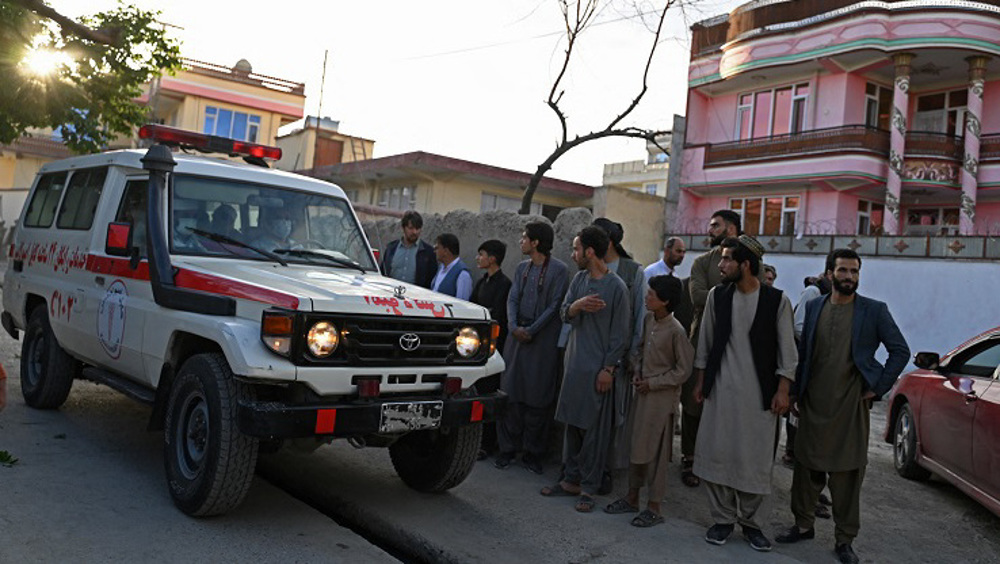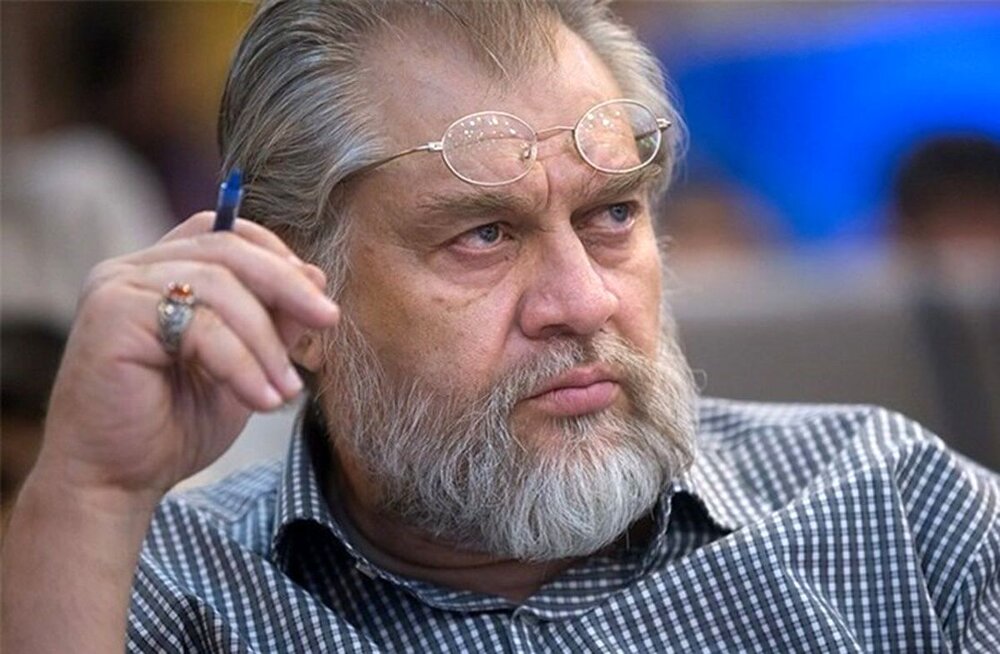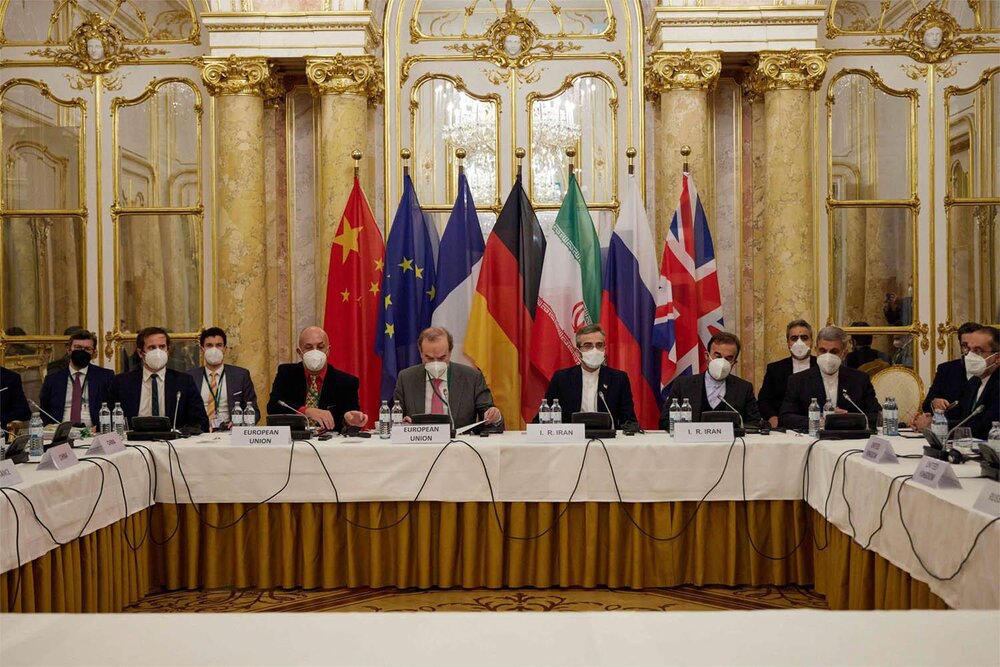
TEHRAN - Negotiations to restore the Iran nuclear deal, officially known as the Joint Comprehensive Plan of Action (JCPOA) have reached a complete standstill, Politico said in a commentary on April 28.
Despite having a roughly 27-page agreement virtually ready to go, diplomats are still hung up over one final sticking point between the U.S. and Iran: The status of a powerful branch of the Iranian military, the Islamic Revolution Guard Corps (IRGC).
The U.S. placed the group on its “Foreign Terrorist Organization” list in 2019, part of President Donald Trump’s “maximum pressure” campaign after pulling out of the nuclear deal, which limited Iran’s nuclear program in exchange for terminating economic and financial sanctions.
Now the issue has been dragged into the final stages of long-running talks to revive the nuclear deal under President Joe Biden. The topic is of such immense political sensitivity in both Washington and Tehran that a compromise has proved impossible and now seems increasingly unrealistic.
“The U.S. position has been that unless Iran agrees to take certain steps to assuage security concerns beyond the JCPOA, Washington will not lift the terror designation, which itself is beyond the JCPOA,” a U.S. official familiar with the issue told POLITICO.
And that stance is not changing, the official added. The Biden administration is facing bipartisan political resistance at home to not strip the terrorist tag. Because of all these factors, the official said, “The Biden administration is highly unlikely at this point to drop the designation in the context of the JCPOA talks.”
The stalemate has made an Iran nuclear deal revival, seen as imminent only a few months back, a distant prospect. Talks also briefly ran aground recently over a demand from Russia — an original signatory on the agreement — that it receives sanctions protections for any future business with Iran.
Now, the terrorist label appears to be the tallest hurdle.
Washington initially offered to delist the IRGC in exchange for Iran committing to eschew retaliation against former U.S. officials deemed responsible for decisions like killing IRGC commander General Qassem Soleimani in January 2020.
But Iran refused to make such reciprocal concessions.
Enrique Mora, the European Union official coordinating the indirect talks between the U.S. and Iran, has been transmitting proposals between the two sides over the past seven weeks in vain and even engaged in shuttle diplomacy between Tehran and Washington last month in an effort to achieve a resolution.
Still, the talks have come to an effective halt.
While Iranian Foreign Minister Hossein Amir Abdollahian and EU foreign policy chief Josep Borrell have discussed the possibility of another personal meeting in a recent phone call, no get-together has materialized.
The Iranian foreign minister has told Borrell that the “U.S. administration needs to have the courage to correct the past wrong policies of the White House. There is no doubt in the will of Iranian government to reach a good, strong durable agreement.”
In the meantime, the tide in Washington has been turning against taking the Iranian military group off the terrorist list, narrowing the window for the U.S. to resolve the issue.
A growing number of Republican senators, as well as some key senators from Biden’s Democratic Party, are putting pressure on the White House to not budge.
Trump imposed the terrorist tag on the IRGC amid numerous other sanctions not related to the country’s nuclear program.
Numerous foreign policy analysts argued the pile of non-nuclear sanctions was aimed at scuttling future attempts to return to the nuclear deal — a prediction that now appears prescient, with the odds growing higher the talks could fail. One potential option may be an agreement to discuss the delisting in a separate, follow-up negotiation after the nuclear deal is successfully revived.
Nonproliferation advocates are fretting about the negotiations permanently falling apart.
“If prospects to restore the JCPOA collapse, the nuclear crisis will escalate and the risk of conflict dramatically increases,” said Kelsey Davenport, director of nonproliferation policy at the Washington-based Arms Control Association. “Restoring the nuclear deal is the only good option for staving off a nuclear crisis.”
Iran has always maintained that its nuclear program is peaceful and that it has no intention of producing an atomic bomb. Numerous reports by the International Atomic Energy Agency (IAEA), the United Nations nuclear watchdog, have confirmed this.
Analysts and government officials have been warning that time is running out to restore the Iran nuclear deal. In an open letter dated April 26, over 40 former top European officials have urged the United States and Iran to revive the 2015 nuclear deal, warning that strategic implications of failure to do so “would be grave and profound”.
In response to illegal sanctions, Iran limited inspections by the IAEA.
“While talks remain stalled, Iran’s nuclear program continues to grow unchecked,” Davenport claimed.
The draft agreement, forged in EU-mediated negotiations in the Austrian capital over the past year, contains all elements necessary for bringing the U.S. and Iran back into full compliance with the original 2015 deal. It rolls back sanctions on Iran in return for strict limits on its nuclear program.
Highly technical details have all been agreed on in painstaking talks between diplomats from Britain, France, Germany, Iran, Russia, China and the U.S.
“I can tell you that people who invested themselves heavily in this negotiation are frustrated because a very good agreement that benefits all the parties, as well as the non-proliferation architecture, is being taken hostage to bilateral questions that have nothing to do with the JCPOA or nuclear issues,” one senior Western official, who took part in the talks, told POLITICO.




